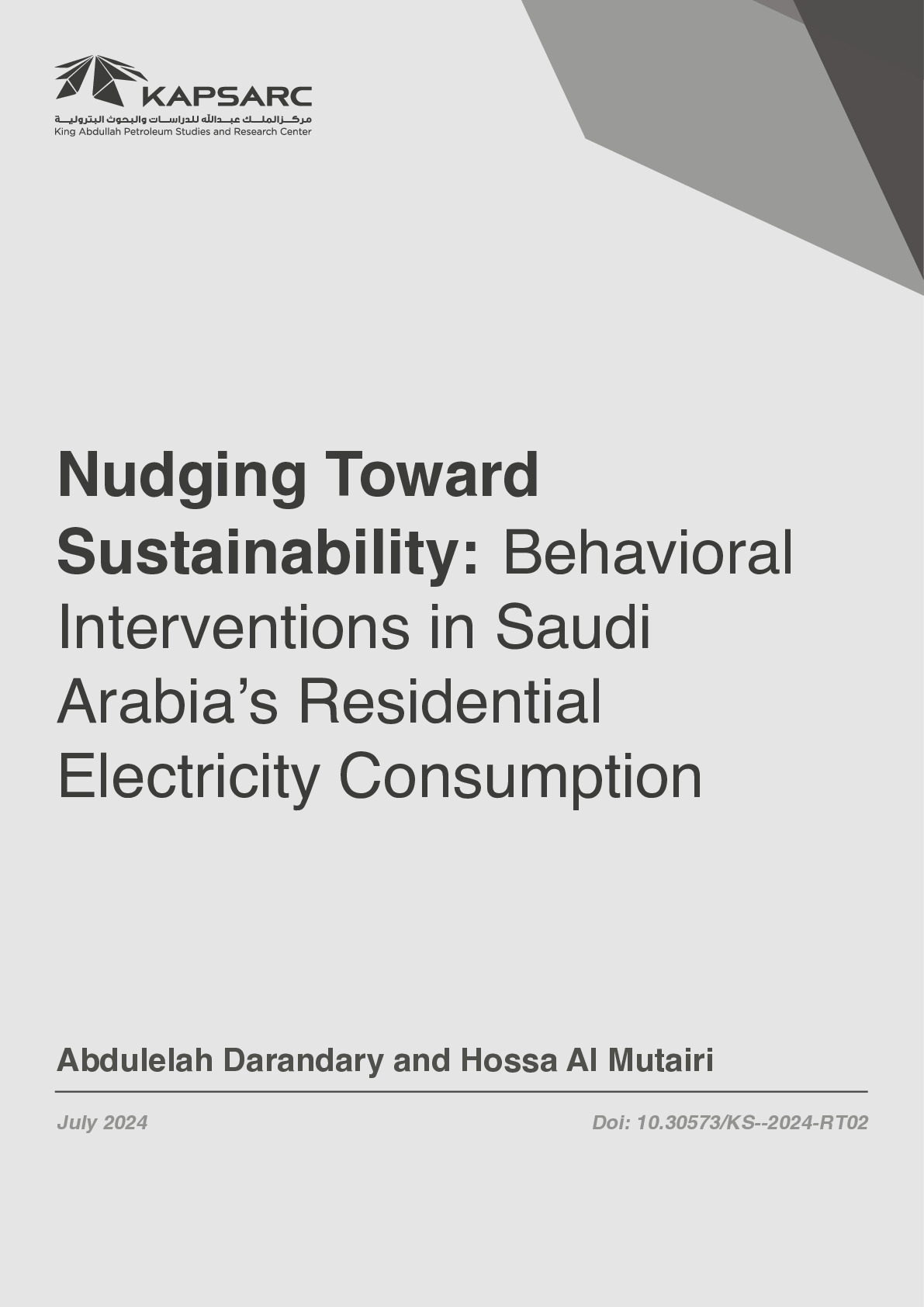Diversification is important because it is associated with economic growth and reduced volatility. Diversification of exports, which provide foreign exchange and enable imports of critical goods, services, and know-how, is crucial for developing countries. The question we address in this brief is how export diversification is affected by trade policies, including multilateral rules, regional trade agreements, and national measures. The record on diversification is poor across a large number of developing countries, especially in Africa, the Middle East, and Latin America. Asian and Eastern European countries have performed better. Though diversification first requires domestic reforms, the current trading system does not help. The world trading system does not support developing countries with export diversification; moreover, the situation is deteriorating. To promote export diversification in developing countries and to sustain long-term global growth, the Group of Twenty (G20) must restore the credibility of the rule-based system. Reducing tariffs and tariff escalation in labor-intensive manufactures is critical. In many developing countries, the diversification potential for agriculture is severely impeded by subsidies, tariff barriers, and protectionist standards. Individual countries can take many steps to foster export diversification, the most important of which are improving the efficiency of their service sector, liberalizing imports of services, and encouraging inward direct investment. Reforms of the world trading system, spearheaded by the G20, can help promote these changes at the country level.

Research Fellow
Abdulelah is an Economist and Research Fellow at KAPSARC with expertise in various fields, including macroeconomics, energy, international trade and…
Abdulelah is an Economist and Research Fellow at KAPSARC with expertise in various fields, including macroeconomics, energy, international trade and investment flows, financial development, and public policy. He currently leads the project, “Applying Behavioral Economics Methods to Energy Policymaking in Saudi Arabia," which led to the first randomized controlled trial for electricity consumption. Additionally, he is a contributor on other projects, such as the “KAPSARC Vision 2030 Input-Output Tables”, “Economic Growth and Energy Transition Pathways”, “CGE Model for Economic Policy Analysis in Saudi Arabia”, and “Modeling Energy Consumption and its Impact in Saudi Arabia.” His work has been published in top-tier peer-reviewed journals in the field of energy economics. As a passionate advocate for evidence-based policymaking, Abdulelah is committed to using his expertise to help shape the future of energy and economic policy in Saudi Arabia and beyond, having worked on many projects for the energy ecosystem. He is also a sought-after speaker and panelist on economic and energy policy, having participated in several high-profile events and discussions. In 2020, during the Saudi G20 presidency, he was a member, co-author, and task force coordinator for the Trade, Investment, and Growth Taskforce for Think20 (T20), the official Engagement Group of the G20. Before joining KAPSARC, Abdulelah worked as an economic consultant, providing policy analyses, modeling, and forecasting the impacts of public spending on social and economic indicators. He obtained a master’s degree in Applied Economics and a bachelor’s degree with Honors in Banking and Financial Economics. He received the King Abdullah Scholarship and is a member of the Saudi Economic Association and the Saudi Association for Energy Economics. He has also been inducted into the ISPI’s Next Forum of Future Leaders.
Expertise
- Macroeconomics
- Energy Economics
- Economic Growth
- International Trade and Investment
- Financial Development
- Energy Demand and Public Policy
- Econometrics
- Energy Transition and its Impact on the Global Economy
Publications See all Abdulelah Darandary’s publications
Modelling and Projecting Regional Electricity Demand for Saudi Arabia
Diversification is important because it is associated with economic growth and reduced volatility. Diversification of…
21st July 2024
Nudging Toward Sustainability: Behavioral Interventions in Saudi Arabia’s Residential Electricity Consumption
Diversification is important because it is associated with economic growth and reduced volatility. Diversification of…
8th July 2024
